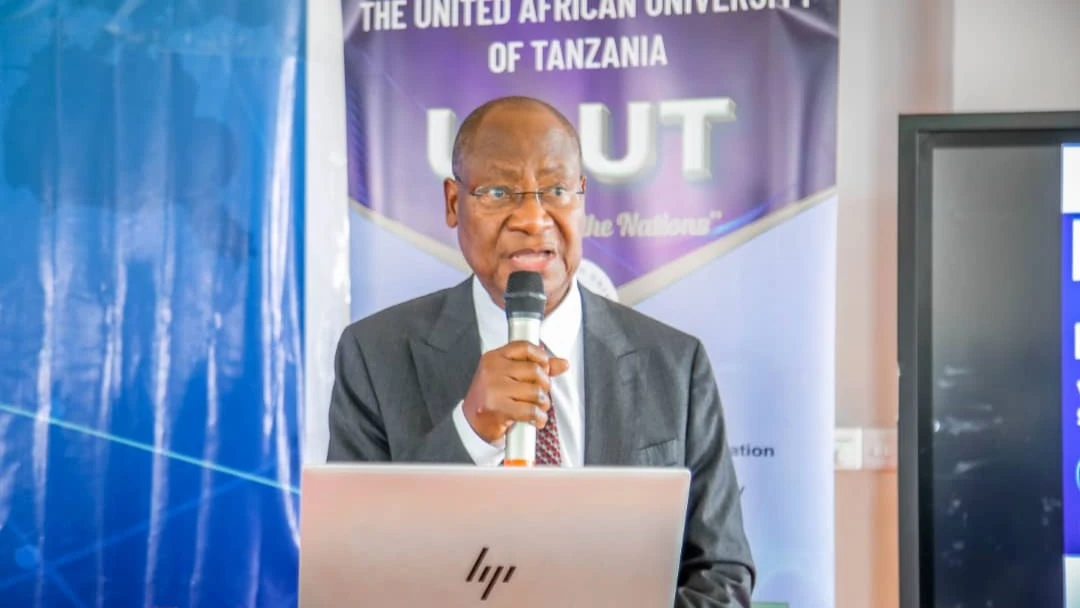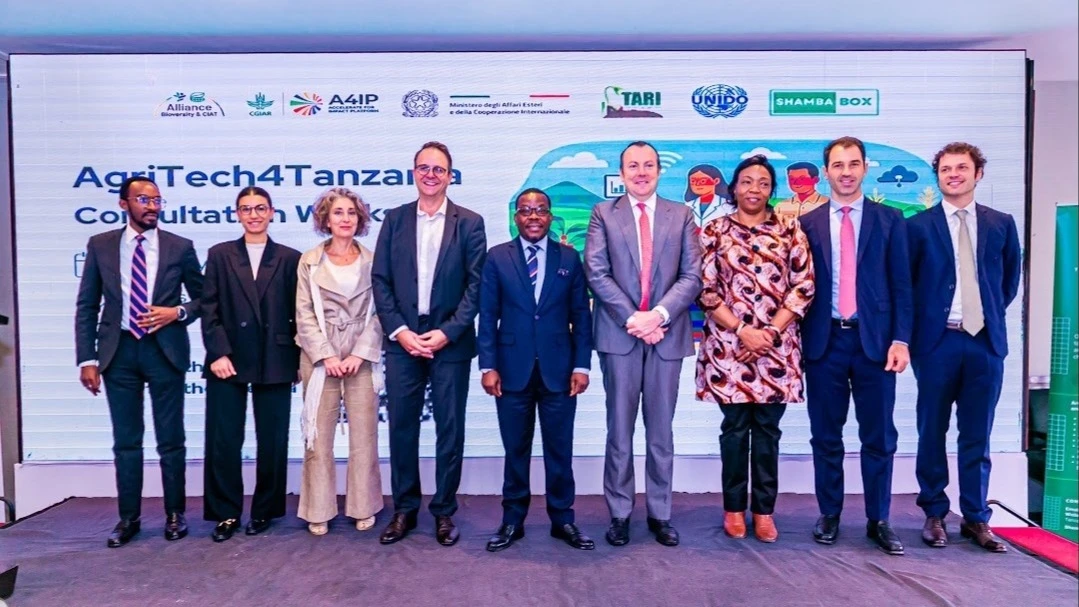AI misuse risk spurs call for Tanzania framework

Academicians and tech leaders are demanding immediate government action to regulate AI in Tanzania, warning that a lack of oversight could lead to widespread misuse and misinformation.
Currently, Tanzania lacks a formal regulatory structure for AI, a situation that, if left unaddressed, could lead to misinformation and potential misuse of the technology.
Speaking in Dar es Salaam yesterday while officiating the AI Forum, Prof. Rwekaza Mukandala, former Vice Chancellor of the University of Dar es Salaam, emphasized the urgency of this initiative.
The forum, held under the theme “AI and Africa’s Future: Education, Industry and Technology,” brought together university students, academicians, and professionals across various sectors.
“Prof. Mukandala, emphasized the urgency of establishing a national AI framework.
“The theme reminds us that intelligence today is not just about machines that calculate, recognize, or predict,” he said
“It’s about reimagining how Africa learns, produces, creates, and competes in the global knowledge economy.”
He noted that AI holds great potential to democratize access to education across Africa — from city centers to rural classrooms — but warned that without proper regulation, its misuse could lead to defamation and misinformation.
“Despite its advantages, AI must be well-regulated. A national framework is vital to ensure it brings more benefits than harm,” he said.
“With AI, we can close the digital divide and usher in a new era of intellectual empowerment. But to achieve this, we must move from being mere consumers to becoming creators and leaders.”
Prof. Mukandala stressed the need to equip teachers, empower students, and invest in AI-driven research and jobs grounded in African institutions.
AI is already reshaping industries globally — from agriculture and healthcare to manufacturing and logistics.
Engineer Dennis Mwighusa, Executive Director of the Africa Research Institute for AI (ARIFA), echoed Prof. Mukandala's sentiments, underscoring the need for clear policy direction and public awareness.
“There’s no need to fear AI. It’s a powerful tool in this age of rapid technological change,” he said.
“But to build public trust and reduce fear, we must create robust policies, strategies, and guidelines for its responsible use.”
Mwighusa also advocated for early AI education, citing global examples.
“AI education should begin as early as primary school. In countries like China and the U.S., children as young as five are already learning about it. We must follow suit to ensure future generations are AI-literate.”
On the technical side, Prof. Thierry Stephanie Nouidui, Deputy Vice Chancellor for Academic Affairs at the United African University of Tanzania (UAUT), addressed the issue of data bias in AI systems.
“Most AI models are trained on data from Europe and the U.S., which makes them biased toward those environments,” he said.
“In Africa, we need to start training these models with our own data. Think of AI like a child — it learns from what you feed it. If we input African data, the bias will gradually diminish.”
Prof. Nouidui also promoted the use of transfer learning, a method that allows African developers to adapt existing AI models to suit local realities instead of starting from scratch.
“The West has spent over 30 years developing these systems. If we start from the ground up, we’ll always be behind. But if we adapt and localize their tools, we can leapfrog.”
Loicy Mkeli, a Tanzanian student at Pensacola Christian University in the United States, said “Some people fear AI could become a threat. But AI itself isn’t the issue — it’s how people choose to use it,”
“If used with harmful intent, the problem lies with the individual, not the technology. AI is powerful, and we should embrace it responsibly.” she added
Top Headlines
© 2025 IPPMEDIA.COM. ALL RIGHTS RESERVED






















